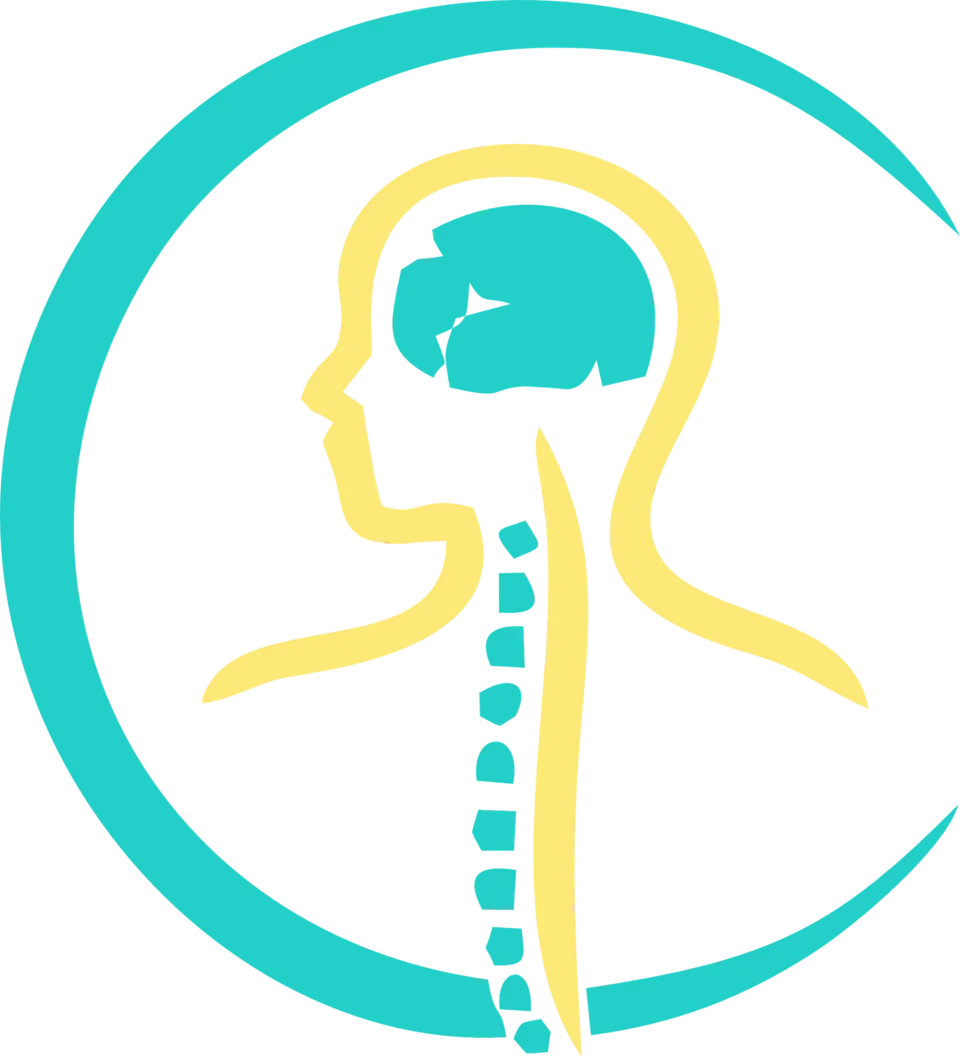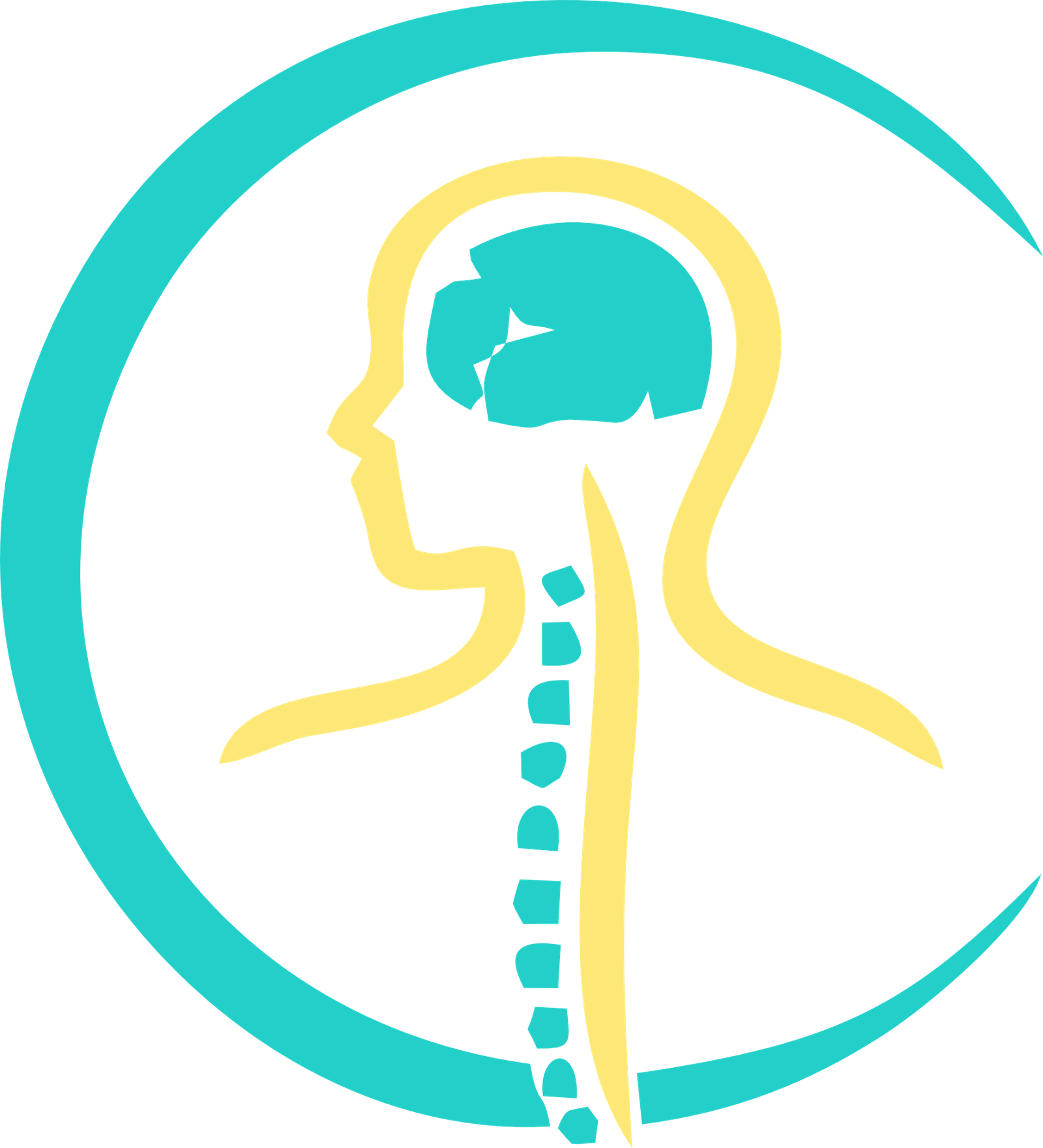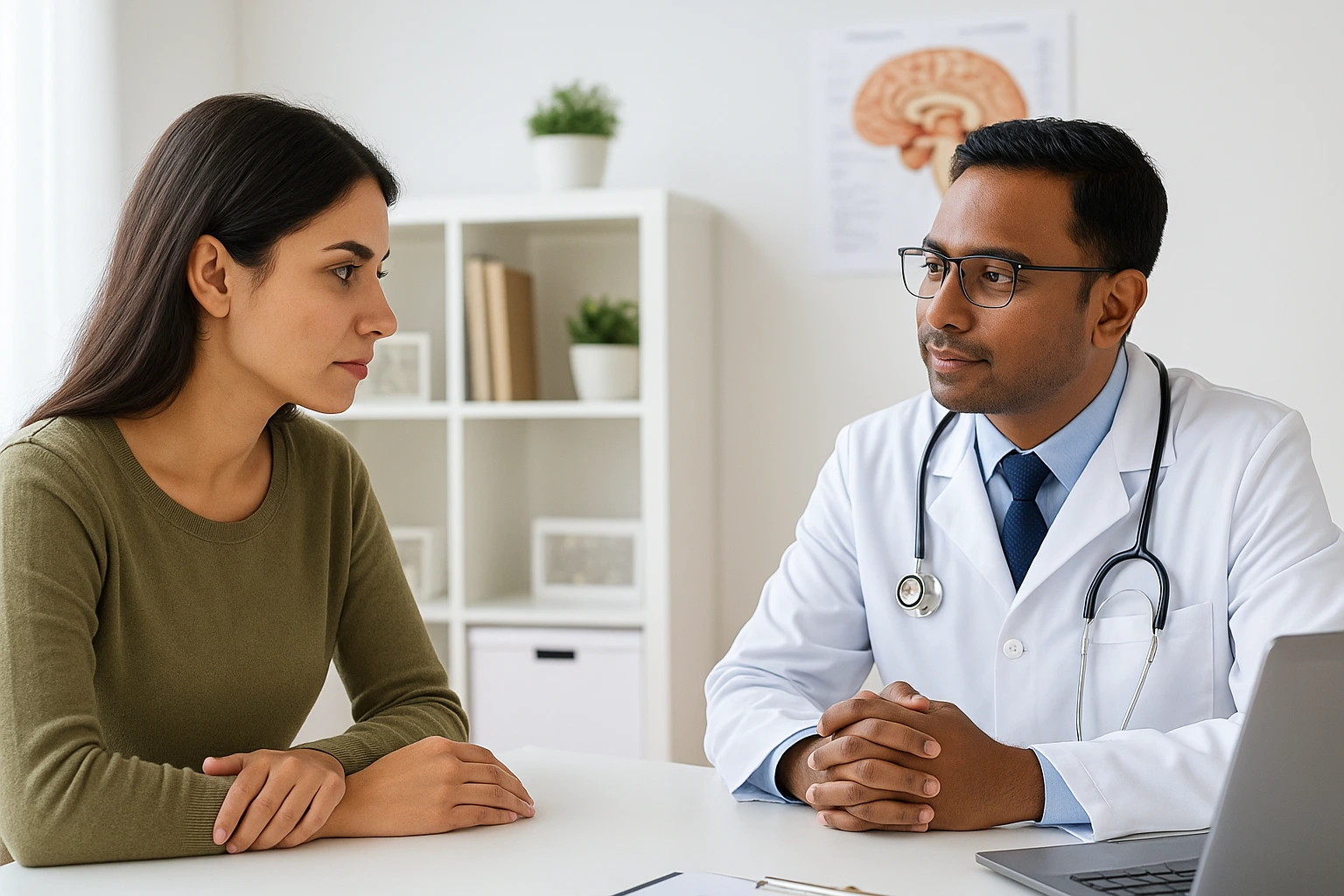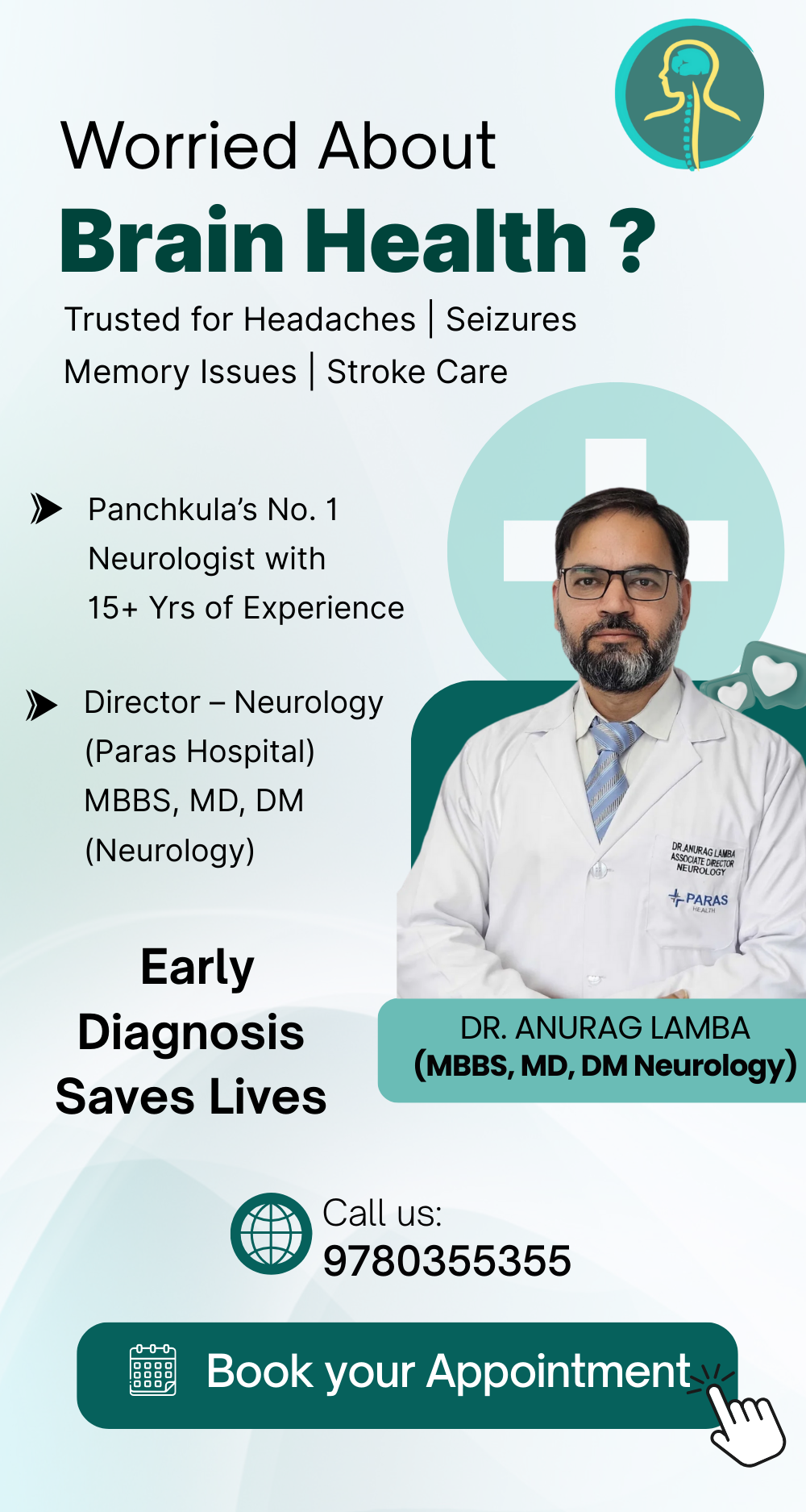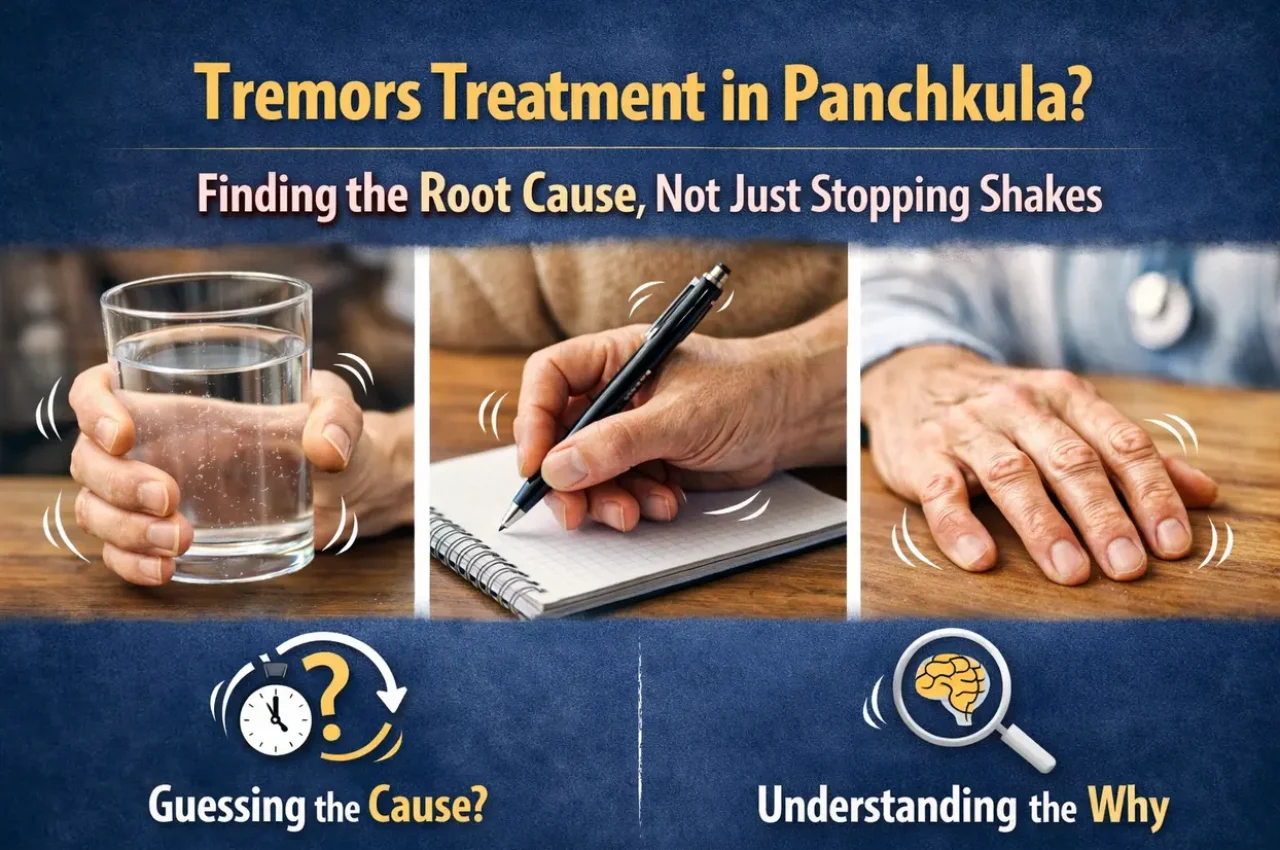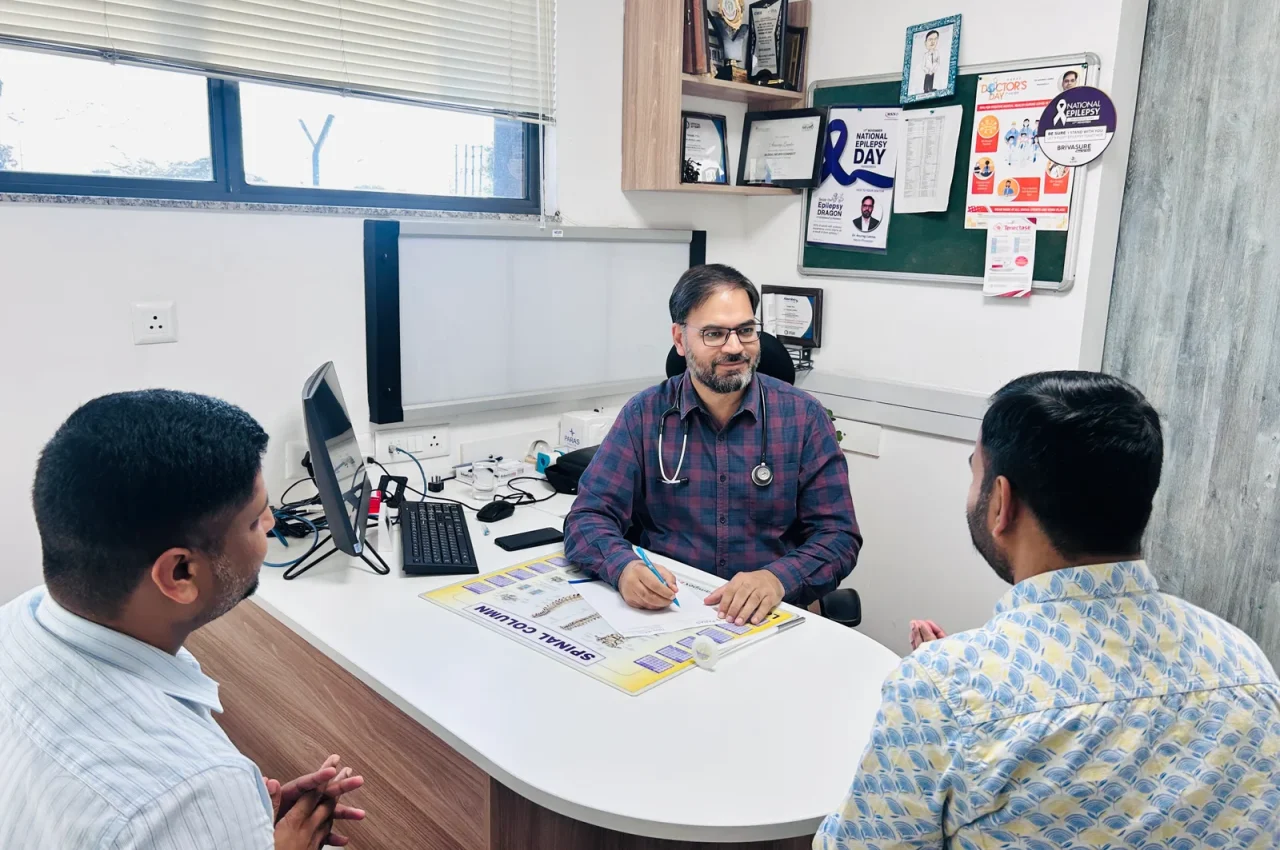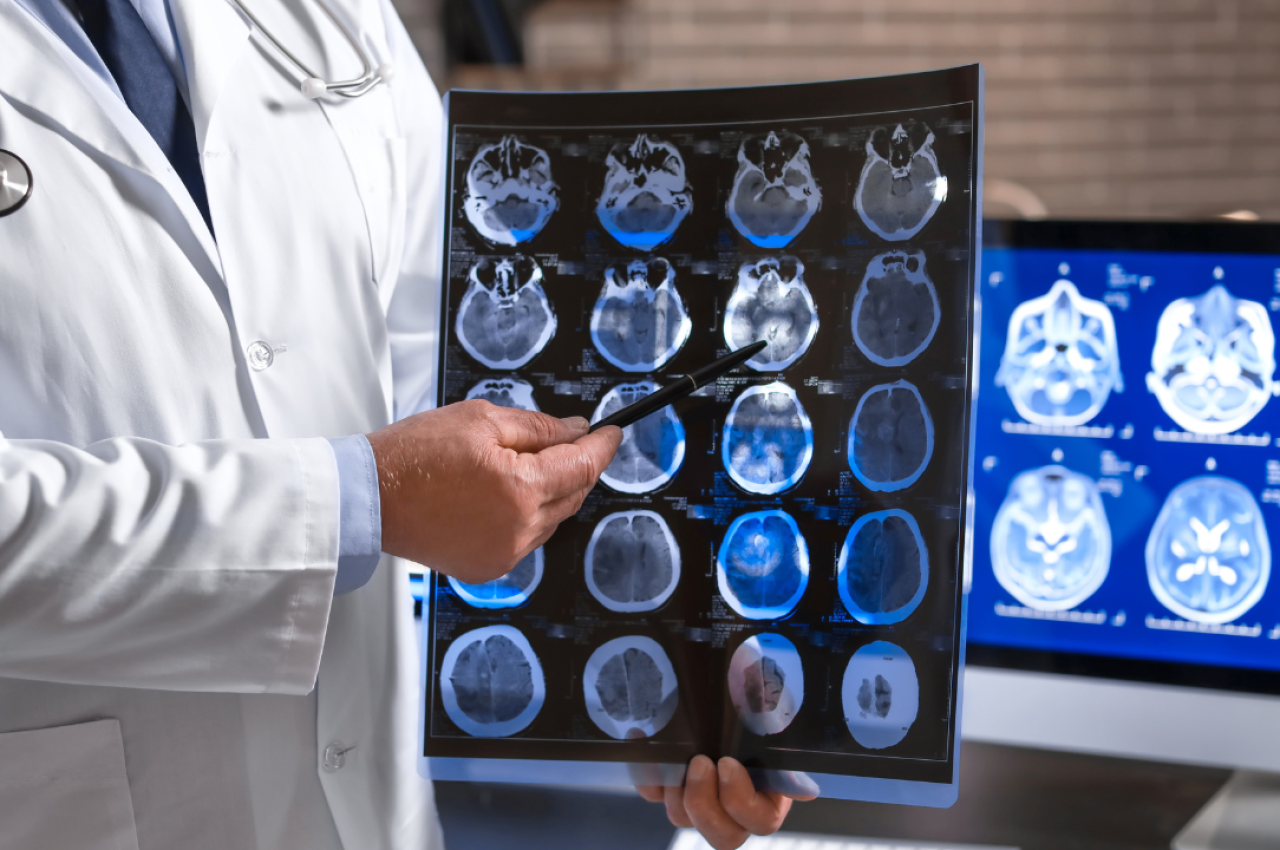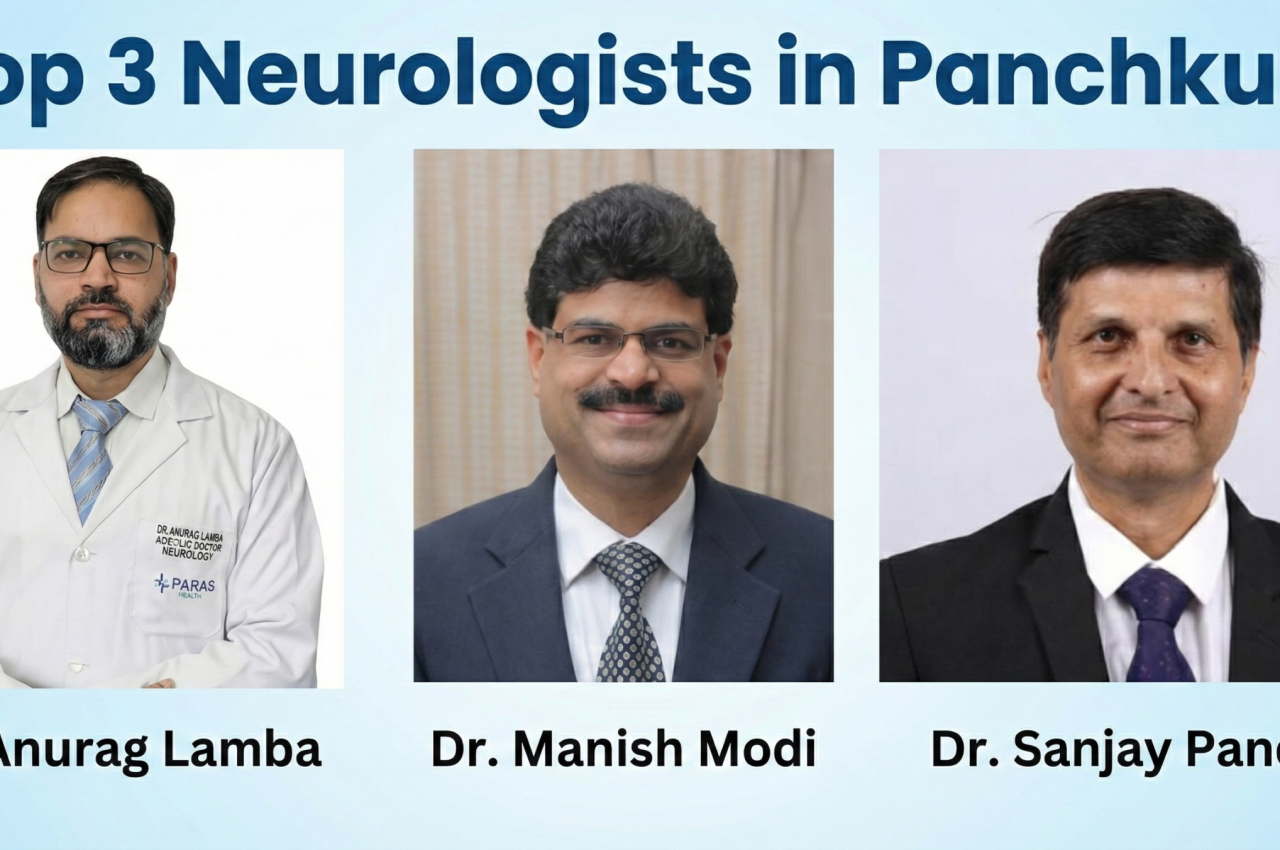Nervous About Visiting a Neurologist? Let’s Clear Things Up.
If you’ve been referred to a neurologist, you might be wondering: What happens there? Is it serious? What should I bring?
At Dr. Anurag Lamba’s Clinic in Panchkula, we welcome many first-time visitors feeling the same way. Here’s a helpful guide to the most common questions patients ask before meeting a neurologist.
1. What Does a Neurologist Do?
A neurologist diagnoses and treats conditions related to the brain, spine, nerves, and muscles, such as:
- Headaches and migraines
- Epilepsy and seizures
- Stroke and paralysis
- Memory loss or confusion
- Back pain and nerve compression
- Tremors or movement issues
- Neuropathy and numbness
💡 Related Read: See detailed services in Best Neurologist in Panchkula: Key Services & Expertise
2. When Should I See a Neurologist?
Visit a neurologist if you experience:
- Frequent or severe headaches
- Dizziness or unexplained falls
- Numbness or tingling in limbs
- Memory loss or confusion
- Seizures or blackouts
- Muscle weakness or tremors
- Chronic back or neck pain
3. What Should I Bring to My First Appointment?
✔ A list of your symptoms
✔ Past medical records (if any)
✔ Any recent MRI, CT scans, or blood reports
✔ Medications you’re currently taking
✔ Questions or concerns you’d like to discuss
4. What Happens During a Neurology Consultation?
Dr. Anurag Lamba’s approach includes:
- Listening to your health concerns
- Reviewing your medical history
- Performing a physical and neurological exam
- May suggest tests like:
- EEG (for brain waves)
- MRI or CT scan
- Nerve conduction studies (EMG/NCV)
💡 Related Read: Curious about spine-related tests? Read Chronic Back Pain: When to Consider a Specialist in Panchkula
5. Do I Need a Referral to See Dr. Anurag Lamba?
Not necessarily. You can book a direct consultation. However, referrals from your general physician can be helpful in summarizing your medical concerns.
6. Are Neurology Tests Painful or Invasive?
Most neurological tests are non-invasive. Some, like EEG or NCV, may feel slightly uncomfortable but are not painful or risky.
7. Can I Drive After a Neurology Visit?
In most cases, yes. However, if you’re undergoing certain tests or if you have conditions like seizures, it’s safer to come with a friend or family member.
8. How Often Should I Follow Up?
Follow-ups depend on your condition and treatment.
- Migraine: Every 1–2 months initially
- Stroke or seizure: Frequent initially, then every 3–6 months
- Chronic back pain: Based on treatment response
💡 Related Read: Managing long-term care? Learn more in Managing Epilepsy: Medication, Lifestyle, and Counseling
9. Is Every Headache a Neurological Problem?
No—but if your headache is:
- Severe and sudden
- Accompanied by vomiting or vision issues
- Occurs with fever, stiff neck, or weakness
Then it’s better to get it evaluated.
💡 Related Read: Understand more in Headache & Migraine: Causes, Symptoms, and Treatment Options
Final Thoughts: Don’t Fear the Visit—Get Clarity and Peace of Mind
Seeing a neurologist isn’t something to be afraid of—it’s the first step toward understanding your body better. Whether it’s a mild issue or something that’s been bothering you for years, Dr. Anurag Lamba is here to help.
📍 Clinic Location: Panchkula, Haryana
📞 Call Us: +91 9780355355
📅 Book Your Appointment with Dr. Anurag Lamba
FAQ: Before Your Neurology Appointment
1. Is a neurologist only for serious conditions?
No. Early symptoms like headaches, tingling, or dizziness can benefit from early neuro evaluation.
2. Can I eat or drink before the visit?
Yes, unless told otherwise for a specific test.
3. How long does the first appointment take?
Usually 30–45 minutes, depending on your condition and tests needed.
4. Will I get medicines on the first visit?
Yes, if diagnosis is clear. Otherwise, tests may be advised before starting treatment.
